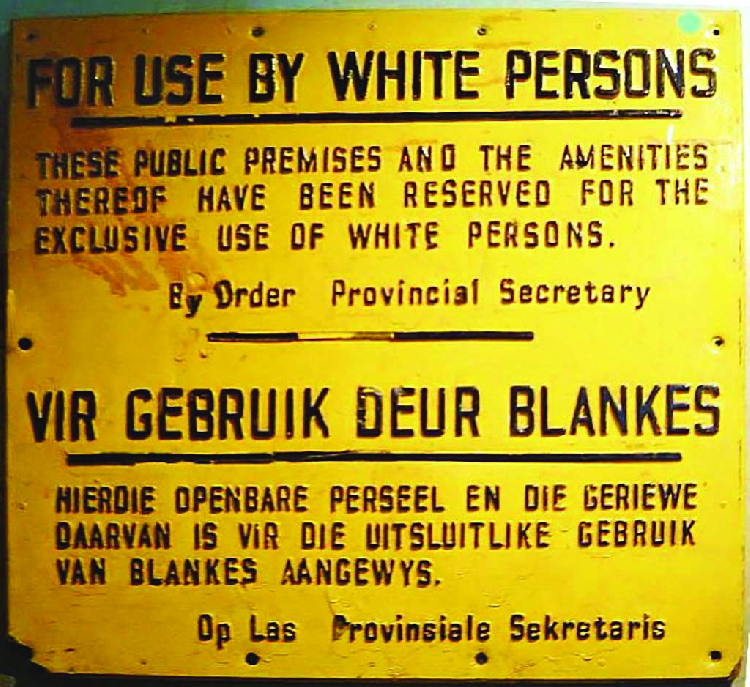THE Law Reform and Development Commission (LRDC) has flagged 33 discriminatory and outdated legislative pieces from Namibia’s law books for reversal.
The commission on Monday handed over a report titled ‘Repeal of Obsolete Laws’ to the minister of justice, Yvonne Dausab, who is expected to submit it to Cabinet in the next two weeks.
These parts of the law have been replaced by more relevant legislation and are therefore obsolete, the commission said.
The report, seen by The Namibian, shows that the majority of the statutes identified for repeal include acts, ordinances and proclamations stemming from pre-independence Namibia between 1919 and 1991.
In 2018, during the first phase of a process to repeal certain laws, a bill was tabled in the National Assembly to scrap about 144 obsolete laws.
Among these obsolete statutes are the Criminal Law Amendment Act of 1953, the Protection of Fundamental Rights Act of 1988 and the Culture Promotion Ordinance of 1980.
The LRDC suggested that Cabinet repeal the Criminal Law Amendment Act of 1953, which was notoriously repressive South African legislation aimed at stifling protests against the apartheid regime.
The act presumed that anyone who is seen with two or more people charged with protesting against the apartheid regime is guilty of the same crime.
It also made it an offence to fund protests or movements against apartheid and enhanced those penalties.
The commission divulged that this act has already been repealed in South Africa by Section 73 of the Internal Security Act 74 of 1982, which was not applicable to South West Africa.
According to the commission, this law is not in line with the ethos of the Namibian Constitution.
The commission states that the Protection of Fundamental Rights Act of 1988 as it originally stood did not protect fundamental rights at all.
On the contrary, it infringed on rights which the Constitution now upholds, including the right to participate in peaceful political activity.
This act includes the right not to be forced or influenced to take part in educational boycotts, boycotts of public services, or worker stay-aways.
When over 30 students were charged under this act in 1988, it was declared invalid by the Supreme Court after the Namibia National Students Organisation secretary general Ignatius Shixwameni filed an urgent application.
This statute has been replaced by Article 17 of the Constitution, which pertains to the rights of people in terms of political activity.
“This act was part of government efforts to stifle political protest during the pre-independence era and plays no role in Namibia. It should be repealed,” the LRDC suggested.
The Culture Promotion Ordinance of 1980 gave prominence to the promotion of the culture of the white population group in South West Africa.
It also provided for the funding of these culture organisations, among others.
This ordinance has since independence been replaced by Article 19 of the Constitution, which guarantees the right of culture.
Stay informed with The Namibian – your source for credible journalism. Get in-depth reporting and opinions for
only N$85 a month. Invest in journalism, invest in democracy –
Subscribe Now!






